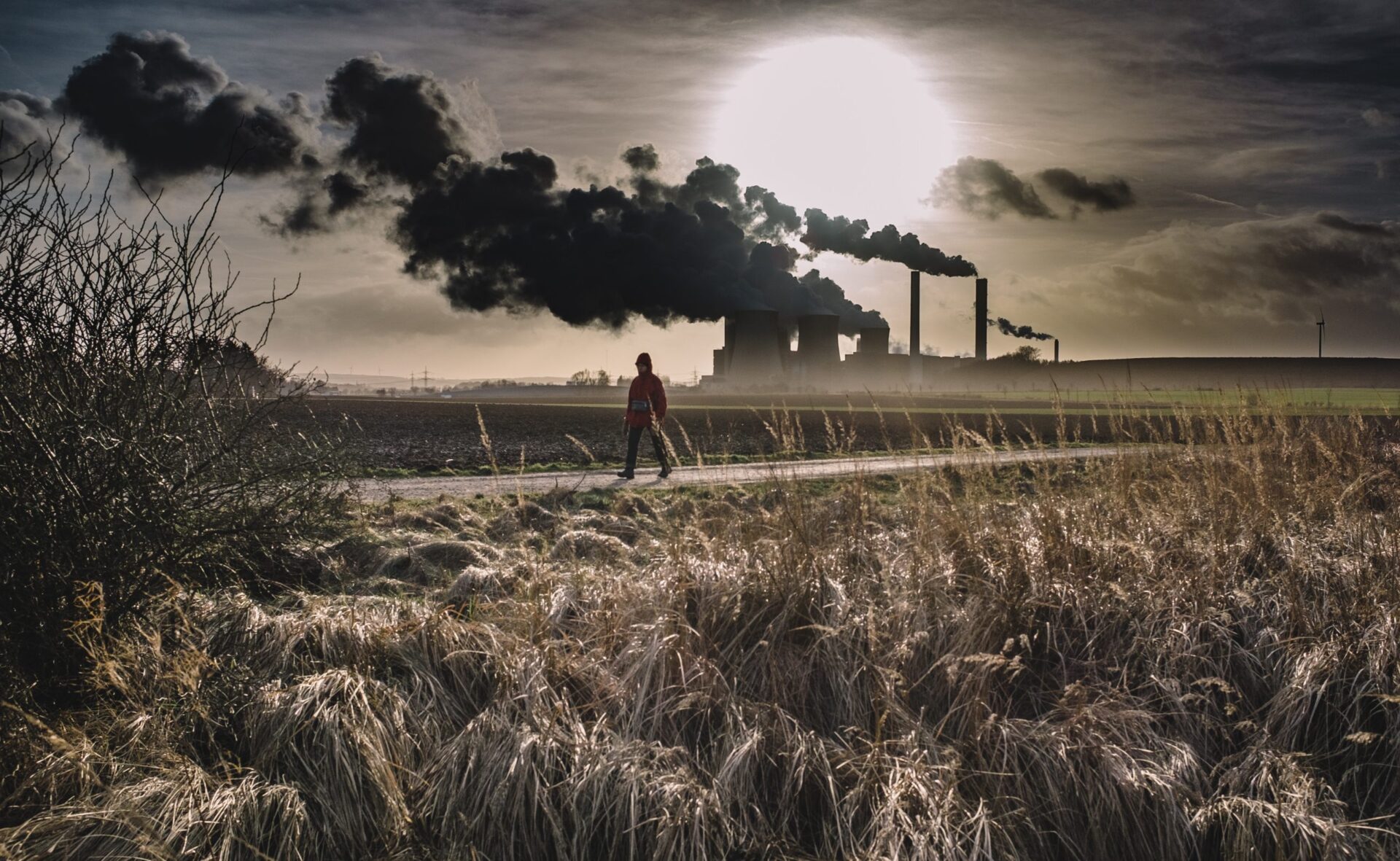Reaching the threshold of 2020, EU leaders are committed to the target of 20% emissions reduction compared to 1990 levels. The particular target consists one of the headlines as part of the Europe 2020 growth strategy that aims to manage a more productive and all-encompassing growth while strengthen a social market economy based on sustainability. In order for the being of low-carbon economies yet highly energy-efficient, governments need to take initiatives and set objectives of reducing GHG emissions collectively and progressively up to 2050.
Despite the Paris Climate Accord goal of keeping global temperature rise below 2°C, according to studies, it seems that most countries are inadequate when it comes to pledges and efforts of cutting carbon emissions. Moving to net-zero emissions over the second half of the century requires an investment on behalf of the governments and their compliance with legislative acts and policies that encourage such initiatives.
Britain is currently one of the key developed economies that are stepping forward to welcome measurable potentials of actual reduction on the carbon emission matter. Private and public sector organizations are motivated to embrace energy efficient technologies so that UK homes are provided with sustainable and greener products that allow individuals to contribute in the carbon footprint reduction and improve the quality of their daily life.
UK Government is additionally attempting to mitigate GHG emissions in the transport sector by reassuring the “green” technology aspect of the vehicles and encourage UK citizens to use more often public transport. More specifically, in order for the environment to accept less damage, Government has endorsed the Renewable Transport Fuel Obligation according to which transport suppliers use at least a percentage of fuel coming from renewable sources.
Agriculture industry is also liable in terms of the UK’s overall GHG emissions as there is increased carbon deriving from the burning of fossil fuels that are used in farm machinery, other chemicals produced from transportation of produce and clearing of forests to grow crops. Additionally, the industry presented the GHG Action Plan according to which farmers may individually act in such matter that self-efficiency is increased along with generating renewable energy and carbon storage within soils.
Bottom line implies that not only government on behalf of its politics but also the individuals are willing to work closely with the authorities so that the actions taken are in favor of the environment and reported if any progress is to be assessed.
If you aim to receive relevant, practical knowledge with regards to CSR and Sustainability matters you can visit Sustainability Academy to earn an online certificate by the Center for Sustainability and Excellence and acquire the skills required to apply Carbon Reduction Strategy and Reporting.

